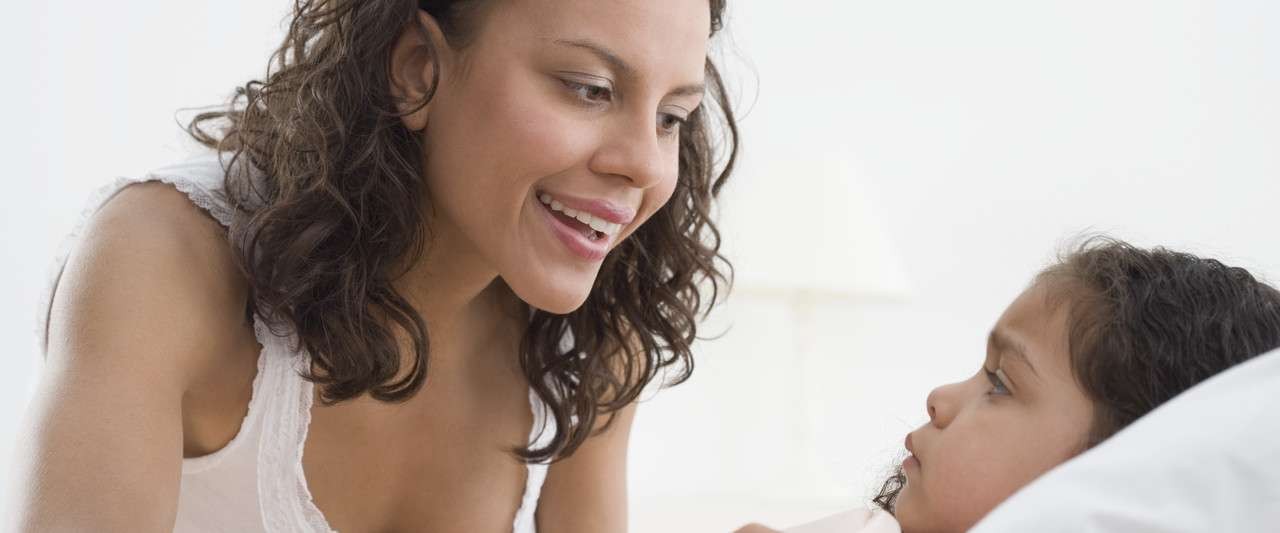Health, Safety and Hygiene

The issue of health and safety is important when caring for young children. The Council’s Children’s Services aim to ensure that each service provides a safe and hygienic environment for all children and educators.
This section contains information about how you can help us to provide a wonderful environment for your child.
Accident Procedure
After talking to your room staff about an accident your child may have had at the service, sign the accident form and let us know how your child was when you went home.
Sick Children/ Infectious Diseases
As there are so many wonderful and active things to do at your child’s centre, when they are unwell they are not able to fully and happily participate. If this happens we will contact their family and ask they be collected. For any infectious disease, the illness policy will be followed.
If a parent/guardian suspects that their child may have an infectious disease, the child should be taken to a medical practitioner to have the disease diagnosed. An infectious disease exclusion list is displayed in the centre outlining the length of time a child must remain away from the centre if one of these diseases is contracted. Please inform the centre immediately if any of these diseases is contracted by your child/children.
See Greater Shepparton City Council Policy and Procedure and infectious diseases document available at the centre.
Allergies/Chronic Illness
As part of the enrolment procedure, details of the child’s overall health are recorded on the enrolment form. This includes any serious illnesses they may have had in the past, whether they have been hospitalised, have allergies, current medication, convulsions or any other medical condition.
Depending upon the medical condition/allergies, a separate form may need to be completed e.g. asthma action plan. Educators are made aware of information that relates directly to children in their care. All known food allergies are recorded on an allergy list with copies in the children’s rooms and kitchen.
Immunisations
It is highly recommended that all children have been immunised, however if the child is not Immunised, parents/guardians will be informed of any outbreak of any of the above diseases in the service and offered the option of withdrawing the child from the service for the period of the outbreak. Child Care fees will continue to be charged when a child is withdrawn during an outbreak.
For more information about immunisations please visit our Immunisation page or contact the Council’s Environmental Health Department on 03 5832 9700.
Administration of Medication
Parents please complete a medical authorisation form on arrival if medication is to be administered to your child. The following details are required:
- Type of medication
- Last administered
- Amount and time to be administered (‘if required’ or ‘when needed’ will not be accepted)
Non prescribed medications must have the child’s name clearly written on them and the dosage clearly stated.
The service will not administer the first dose of any medication in case of a severe reaction of the child.
If a child has a medical condition such as asthma or epilepsy requiring prolonged or preventative medication by educators at the service, a registered medical practice certificate will be required, giving details of the condition and its medical control. If necessary, additional forms may need to be completed.
Children Growing and Learning about Themselves
Whilst your child is at care we help them to learn about looking after themselves. Educators will role model and encourage your child to:
- Wash hands, using soap, before meals, after toileting and wiping noses
- Pack up their toys
- Dress themselves
- Feed themselves
- Play socially with others children
- Learn about their world
Sunscreen and Hats
As part of our "sun smart" policy, children are required to wear broad-brimmed or legionnaire style when the UV reaches 3 or above in line with the Cancer Council‘s recommendations. (Hats can be purchased from the services)
Children are also required to wear suitable clothing to provide as much protection as possible. Therefore, singlet tops or strappy dresses, which do not cover shoulders and the back, are not recommended. Sunscreen is available at the service for those children and will be encouraged to apply their own sunscreen
Where possible, Educators will organise that play equipment be placed in/under shade and children will be encouraged to make use of shaded areas.
Educators act as role models by wearing an appropriate hat and using 30+ sunscreen. “Sun smart” education will be incorporated into the program and activities where possible.
Sudden Infant Death Syndrome (SIDS)
The service is aware of SIDS and practises precautionary methods, as advocated by the SIDS Foundation, to reduce the risk of cot death.
These measures are:
- Use cots that meet the current Australian Standard AS2172.
- Sleeping the baby on back.
- Putting baby’s feet at the bottom of the cot.
- Using a firm mattress and no pillow.
- Remove comforters when child is asleep (no soft toys in cot)
- If wrapped children will have their arms free from 3 months
For more information, please visit the SIDS and Kids website.
Sleeping/Rest
Effective rest and sleep strategies are important factors in ensuring a child feels secure and safe in the child care environment. Sleep and rest is important for their health, growth and development
Sleep arrangements for individual children will be made with consultation between educators and parents/guardians.
Children who are not sleeping will be given activities to complete in quiet time allowing the sleeping children to rest without interruption.
Reporting of Child Abuse
The Council’s Children’s Services are committed to the health and wellbeing of all children using the services. A protocol for reporting child abuse has been developed in consultation with the Department of Human Services and DEECD. This is available at all services.
Contact numbers are:
- Child FIRST
Phone: 1300 854 944
Child Protection - Department Human Services Wangaratta
Phone: 1800 650 227
After hours: 131 278
Children’s Service Adviser - DEECD Shepparton
Phone: 5832 1500
Emergency Procedure
We regularly practice emergency procedures with your child. This is a great way to teach them about fire safety and staying safe. We will let you know when we have had a practice so that you can talk about this with your child.
Code Red Days
Please be aware that all Early Childhood Services may be impacted by a Code Red Day.
Frank R Pullar Children’s Centre will be affected by a declaration of Code Red catastrophic fire days. This means the centre will be closed. If this occurs, families will be notified as soon as possible.
All warnings of potential and actual closure of facilities will be posted by the Department of Education and Early Childhood Development (DEECD) by 10:30am daily during bushfire season. Fees will be charged as normal.

